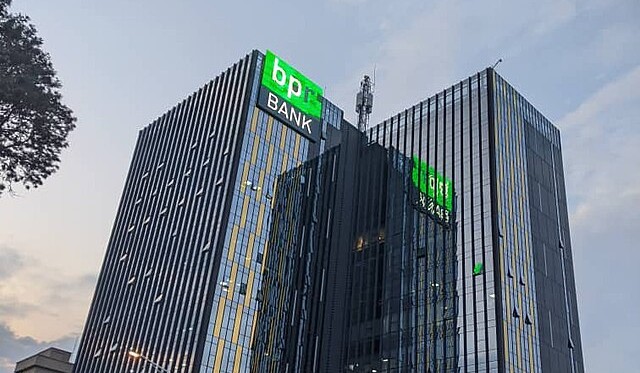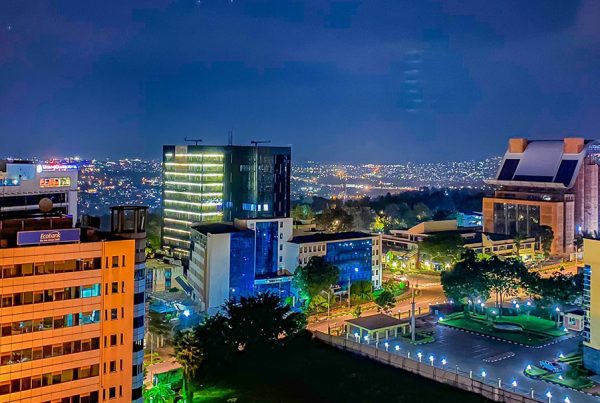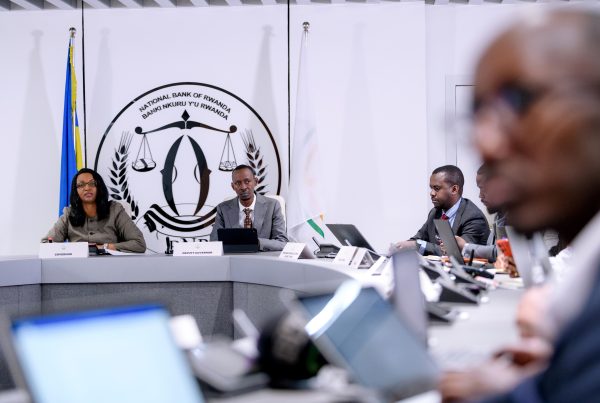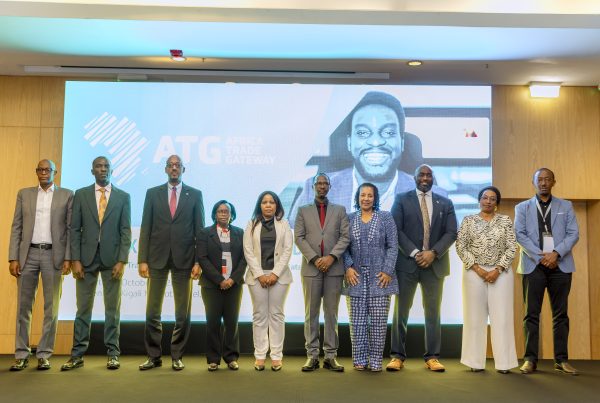BPR Bank posted a 24 percent increase in operating income for the first half of 2024, reflecting strong revenue growth driven by a sharp rise in net interest income despite higher expenses and impairment charges. The bank’s total operating income before impairment charges rose to Rwf47.03 billion for the six months ending June 30, up from Rwf38.07 billion in the same period last year, the lender expressed in its published half year statements.
Net profit for the period grew 21.94 percent to Rwf12.36 billion, compared to Rwf10.14 billion a year earlier. The profit growth was boosted by a 34 percent rise in net interest income to Rwf38.75 billion, as stronger lending activity and improved yields on interest-earning assets fueled interest income, which surged 33 percent to Rwf53.51 billion. Interest expenses also increased, reaching Rwf14.76 billion, up from Rwf11.29 billion.
Net fee and commission income fell to Rwf4.99 billion from Rwf6.11 billion, weighed down by higher fee and commission expenses. Foreign exchange income more than doubled to Rwf1.94 billion, up from Rwf704.9 million in the same period last year.
Operating expenses rose to Rwf23.28 billion from Rwf21.58 billion, mainly due to higher employee benefits and depreciation charges. Additionally, impairment charges on financial assets surged to Rwf6.59 billion, up from Rwf1.69 billion last year, reflecting the bank’s cautious stance amid economic uncertainties.
Total assets increased to Rwf971.62 billion as of June 30, 2024, from Rwf860.34 billion at the end of 2023, driven by higher balances in loans, government securities, and cash holdings. Customer deposits grew to Rwf674.89 billion from Rwf588.62 billion, indicating continued confidence in the bank’s financial stability.
BPR Bank’s capital ratios remained robust, with a total capital ratio of 20.49 percent and a Tier 1 capital ratio of 20.49 percent, comfortably above the regulatory minimum requirements. The bank remains focused on maintaining asset quality and enhancing operational efficiencies while navigating a challenging economic landscape.





